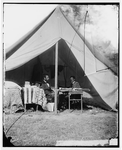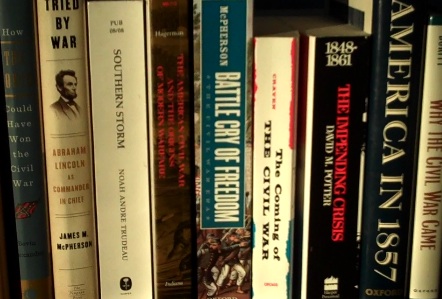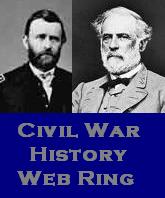Jomini on the Nature of War – Part VI – The Conduct of War
 This post continues the series of “Jomini on the Nature of War.” Part I: Introduction is available here, Part II: The Burgeoning Military Theorist here, Part III: The Founder of Modern Strategy here, Part IV: The Basics here, and Part V: Lines of Operation here.
This post continues the series of “Jomini on the Nature of War.” Part I: Introduction is available here, Part II: The Burgeoning Military Theorist here, Part III: The Founder of Modern Strategy here, Part IV: The Basics here, and Part V: Lines of Operation here.
Jomini cautions that there are a number of other circumstances that can affect the “nature and conduct of war” including that…
- “a state may simply make war against another state
- a state may make war against several states in alliance with each other
- a state in alliance with another may make war upon a single enemy
- a state may be either the principal party or an auxiliary
- in the latter case a state may join in the struggle at its beginning or after it has commenced.
- the theater of war may be upon the soil of the enemy, upon that of an ally, or upon its own.
- if the war be one of invasions, it may be upon adjacent or distant territory: it may be prudent and cautious, or it may be bold and adventurous
- it may be a national war, either against ourselves or against the enemy
- the war may be a civil or a religious war.”[i]
He insists that war should always “be conducted according to the great principles of the art; but [that] great discretion must be exercised in the nature of the operations to be undertaken, which should depend upon the circumstances of the case.”[ii] “A regiment should always fight in nearly the same way; but commanding generals must be guided by circumstances and events.”[iii]

So the “principles of strategy are always the same,” but differences occur with the “political part of war, which is modified by the tone of communities, by localities, and by the characters of men at the head of states and armies.”[iv]
Jomini outlines these specific circumstances in a description of each type of war and the principles and rules to follow (or not follow) in every one. For example, in “Offensive Wars to Reclaim Rights,” he indicates that no rules can be laid down but to watch and to profit by every circumstance.[v] This leads to his conclusion that “war knows no rules.”[vi]
“Military science rests upon principle which can never be safely violated in the presence of an active and skillful enemy, while the moral and political part of war presents these variations. Plans of operations are made as circumstances may demand: to execute these plans, the great principles of war must be observed.”[vii]
[i] Jomini, Antoine Henri de. The Art of War, trans. by G. H. Mendell and W. P. Craighill., Special Edition, (El Paso: EL Paso Norte Press. 2005), 10-11.
[ii] Ibid..
[iii] Ibid.
[iv] Ibid., 13.
[v] Ibid., 12.
[vi] Ibid.,13.
[vii] Ibid.
Written by Rene Tyree
March 18, 2008 at 11:35 pm















































Leave a comment